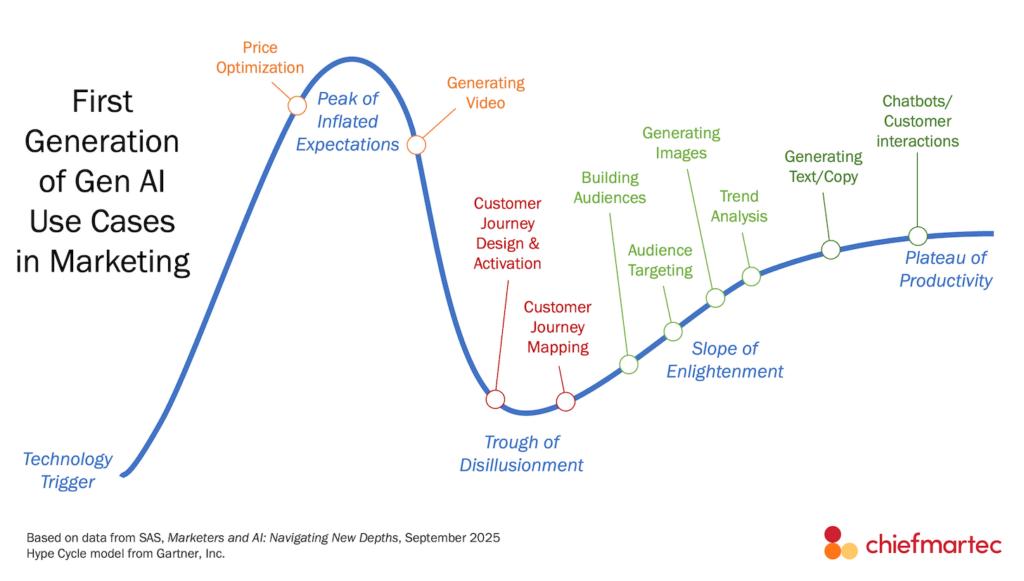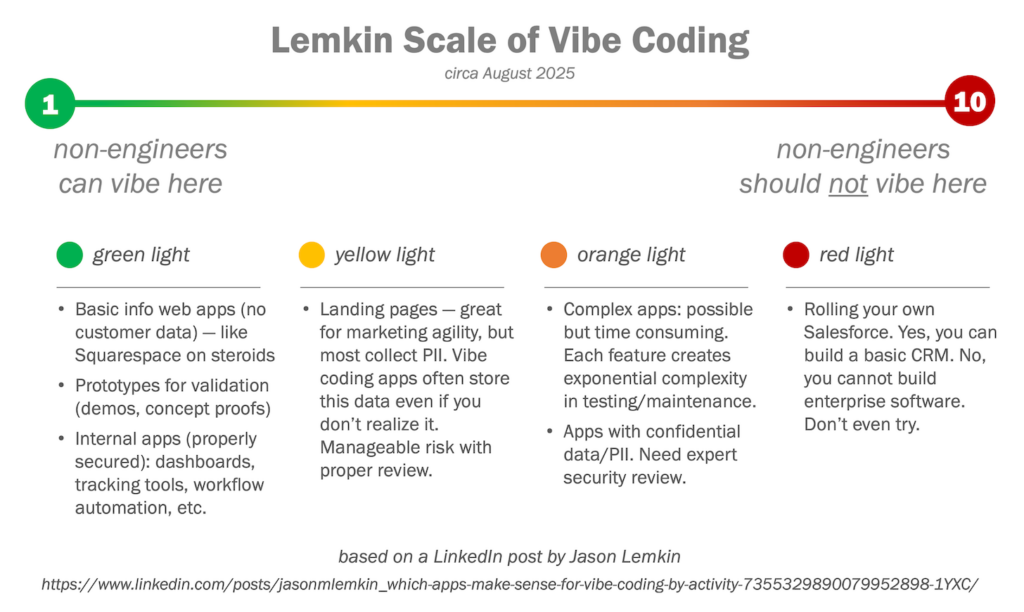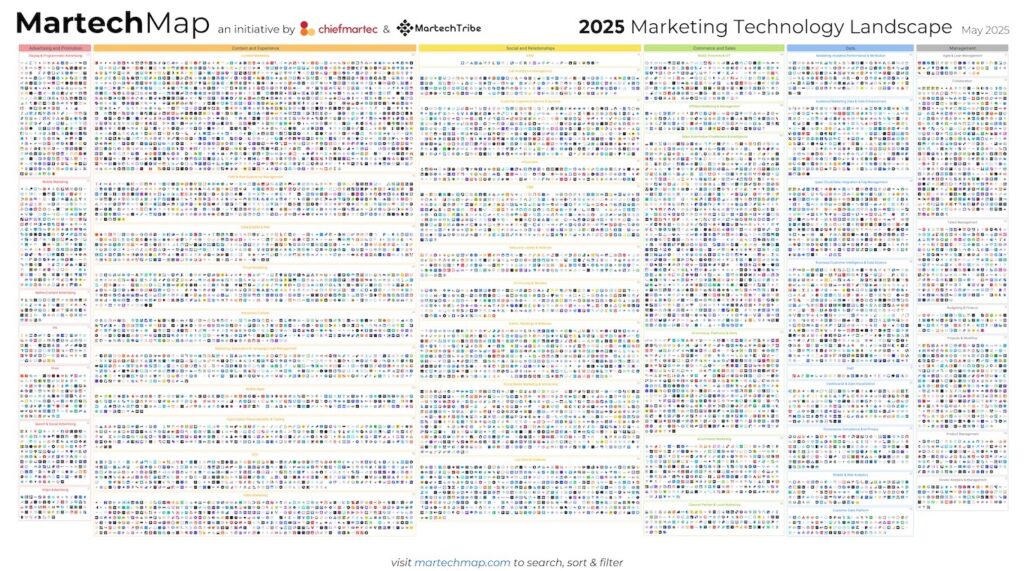“You are what you don’t automate,” one of ion’s engineers commented in a meeting the other day.
It was in the context of a series of time consuming, manual steps that had to be done for a particular task. He attributed the adage to super-programmer Jeff Atwood, although I’ve not been able to find the reference.
It struck me as a brilliant way to frame the challenge of marketing automation.
See, in software engineering, most developers feel that time spent doing anything other than designing and coding great software is, well, kind of a drag.
So they try to automate as many of the boring processes of assembling, testing, deploying, operating, and debugging their software as possible. When they find themselves doing a rote task, the machinery in their heads starts whirling: is there any way to write a script so I don’t have to do this by hand again?
To engineers, “you are what you don’t automate” is a chiding remark: don’t have you something better to do with your time than type that same sequence of commands over and over again?
Automation is about eliminating mindless busywork to make more room for creative and meaningful work. More time for distinctly human contributions.
In marketing automation, however, I often hear people talk about automating some of the most human aspects of their jobs: segmenting customers, judging opportunities, designing truly delightful customer experiences. Not surprisingly, such visions for automating that which humans do best often run into trouble.
Marketers should automate their own mindless tasks — things that take up their precious time that don’t require thought. Many marketers I know still get bogged down in a lot of busywork of this kind, so there’s clearly plenty of opportunity for automation to help.
But don’t be quick to blindly surrender what your insight and instinct serve best.
“You are what you don’t automate” can also be a badge of honor. What are you? The quintessential, best parts. Don’t automate that.




Great post, Scott – love how this espouses one of the fundamental beliefs of people in the Marketing Technology space, namely that, more often than not, there just *has* to be a better way of doing things. And our job is to define and build it.
Great article! Definitely agree that it’s a fine line between automating and the potential to lose insight.
Scott-
Was referred to you by Oli Gardner over at Unbounce…excellent recommendation it seems.
Awesome post. In a lot of organizations (mine included) a key problem still is justifying the automation investment. The thought is, “why spend all this time and money automating something that’s already getting done just fine?” The real question becomes “How can we put a dollar figure on the ROI of automation?”
You touched upon a great topic here, very true, and brilliantly explained. I used to say “automate everything you can, and what’s left is actual you”. Add lipstick, blush, and eyeliner, but what is left is you.
Brilliant, as usual. Years ago, when I first heard the term “Salesforce Automation,” I couldn’t help but substitute the term “Salesforce Automaton,” as my brain immediately conjured up visions of droid-like salespeople moving about and talking like the robot from Lost in Space. I have too much respect for those who excel at sales to suggest that salespeople can be automated, as the “automation” term connotes. Back then, it was the IT people in the company who were leading the charge of designing and implementing these systems.
At least the people who are bringing in marketing automation (MA) systems, are mainly the marketers themselves, perhaps with IT at the table. But beware the technological panacea as substitute for the value of the right brain in impacting business results. I prefer think of MA more like a marketing value chain management system.
Marketing Automation? “Danger, Will Robinson!”
Superb post Scott, I really liked reading this one!!
The discussion around what to automate and what not to is most prevalent when it comes to various online marketing activities. Processes such as social sharing and bookmarking can take up significant time and resources and it is just not possible to do it manually all the time, even though the benefits of doing it manually are clearly understood.
Hi Scott – I was just referred to your article on the back of an interview I did with Marc Lehmann CEO of Saasu.com on our podcast. “You are what you don’t automate” is his favourite piece of advice to give – I love it! Clearly it’s been around a while, but I’m pretty new to the concept so your article was an interesting read thanks.